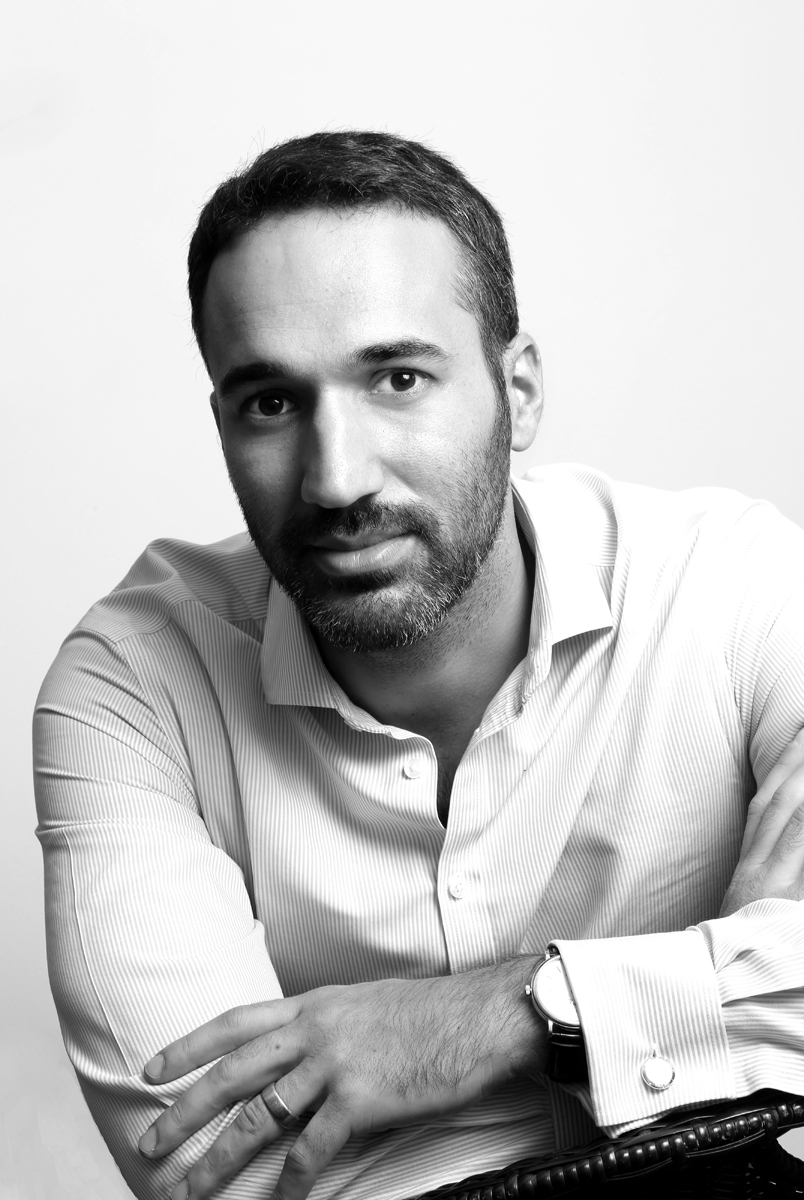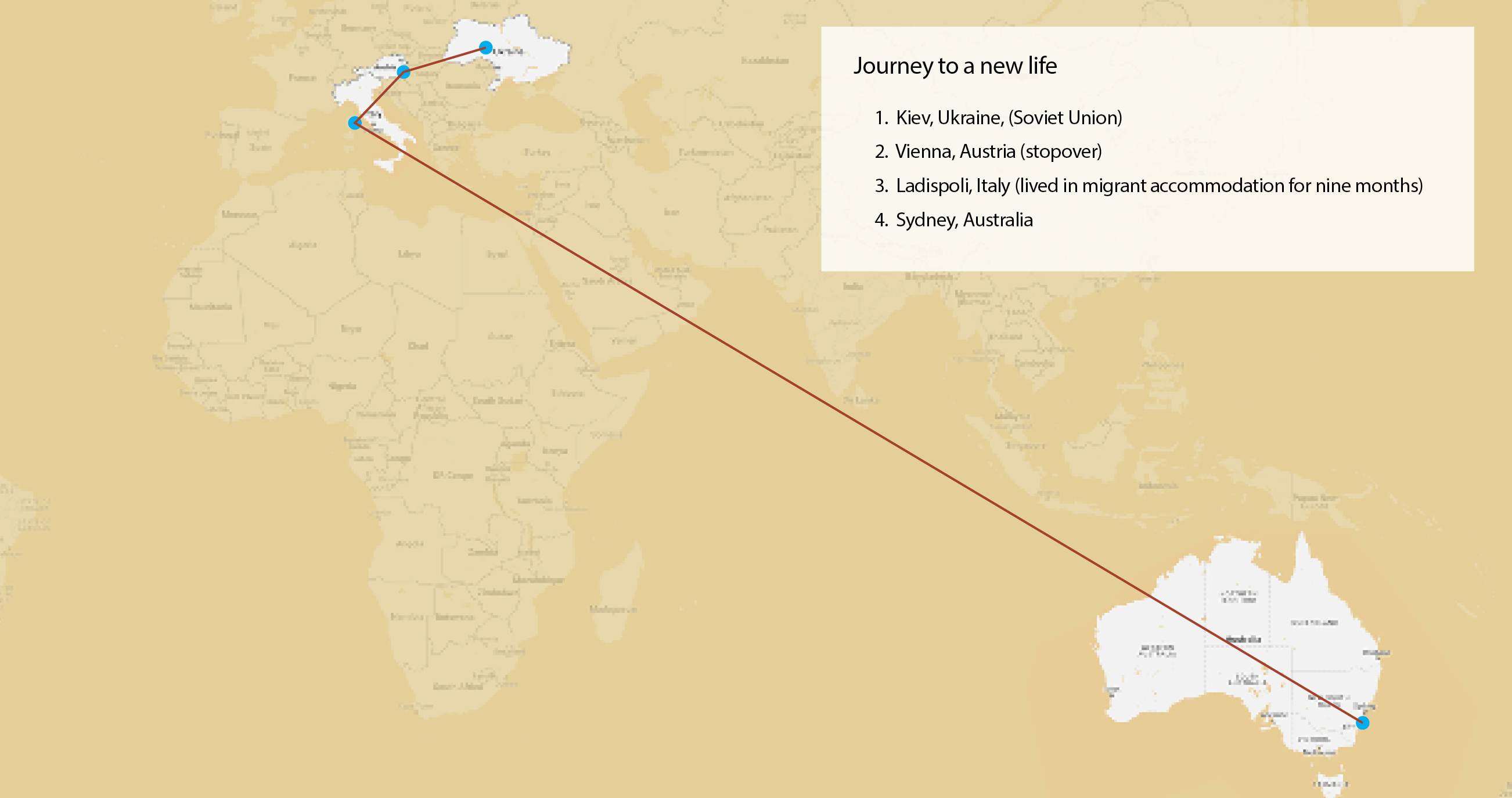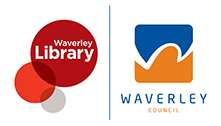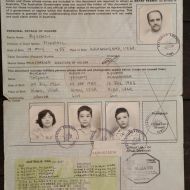Alex Ryvchin

“We were finally free to live as Jews, free from persecution, free to be judged on our character and our achievements.”
I was born in Kiev, Ukraine (USSR) in 1983.
My grandfather, grandmother (on my mother’s side), mother, father, brother and I arrived in Australia on 10 January 1988.
Coming to Australia
It was a very, very challenging existence in those early days. But we were together as a family and we had our lives ahead of us in a new country We had hope. We were finally free to live as Jews, free from persecution, free to be judged on our character and our achievements, rather than on our nationalities. So, we were happy. It was a happy and a hopeful time.
Free to live as Jews
Our Jewish identities were crushed under centuries of forced assimilation and persecution. Our understanding of what it meant to be Jewish was shaped by that experience. In Australia, we've been able to develop our Jewish identities, explore our culture, our traditions and customs. We’re free to partake in rituals, such as the wrapping of tefillin, holding Shabbat dinners, observing the High Holy Days. The greatest thing is that we're free to do all this or can choose not to. That's the beauty of being Jewish in this country.
Key Migration Waves - Former Soviet Union Jewry
Between 1971 and 1980, a wave of Soviet Jews migrated to Australia under the sponsorship of the Jewish community. The majority of these migrants had left the USSR after receiving an official invitation to be reunited with family in Israel. The Jews who applied to leave but were refused permission became known as “refuseniks.” Those who were eventually permitted to leave, after intense international pressure, were generally forced to relinquish their passports and stripped of their citizenship. They left permanently. However, once they arrived in Vienna, some decided to opt out of migration to Israel and were sent to Rome, where they applied for immigration to a Western country. This included some who were accepted to migrate to Australia under its humanitarian migration program. The migration of Soviet Jewry peaked in 1979 and continued, particularly in the late 1980s and early 1990s, with many migrants settling in Sydney, around the Bondi Beach area.

Listen Alex's Eat, Pray, Naches stories
Full Transcript available here
Migration
Alex Ryvchin talks about the discrimination against Jewish people in the Soviet Union and that, although his family came to Australia with nothing, they had each other and that was the most important thing.
Eat
When Alex and his family first came to Australia their food was very Russian, but as time goes on, he tells us how they have incorporated other Jewish and Australian foods into their cooking.
Pray
Since coming to Australia, Alex and his family have been free to develop their Jewish identity, their rituals and their prayers, something they could not do in the Soviet Union.
Naches
To Alex, family and being with family is the highest form of joy, but Alex also enjoys another level of enrichment, joy and satisfaction through his advocacy work for the community.








